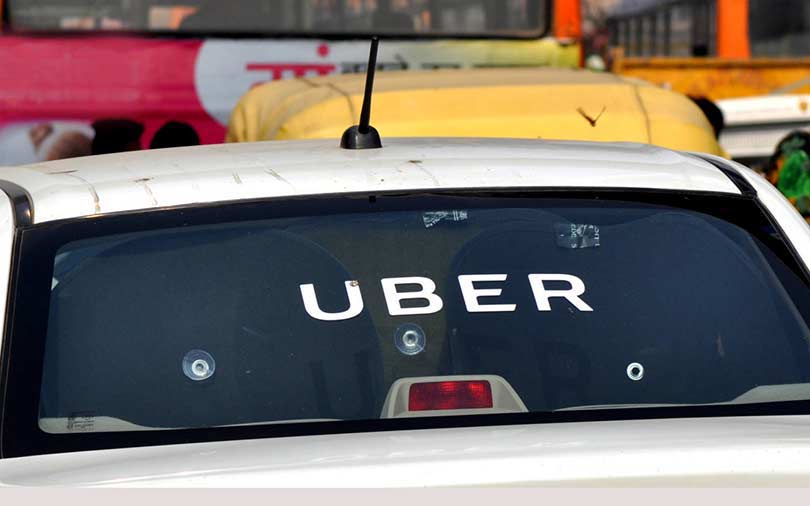
SoftBank-backed Grab acquires Uber's Southeast Asia business


Ride-hailing firm Uber Technologies Inc. has decided to sell its Southeast Asian business to regional rival Grab, its second exit from Asia after pulling out of China in 2016.
As part of the deal, Uber will take a 27.5% stake in Grab and Uber CEO Dara Khosrowshahi will join the Singapore-based firm’s board, the two companies said on Monday.
Talk of consolidation in Asia had gained momentum after Japanese Internet and telecom conglomerate SoftBank Group Corp late last year acquired a stake in San Francisco-based Uber. SoftBank has also invested in Uber rivals Didi Chuxing, Grab and India's Ola.

Uber had sold its China business to local rival Didi Chuxing in August 2016 and then exited Russia in July last year. Uber has been under pressure from investors and has faced flak over the past year over issues ranging from workplace ethics and sexual harassment allegations. It has also been striving to cut losses with an aim to eventually float an initial public offering.
Uber said on Monday that it had invested $700 million in its Southeast Asian operations and that it will now own a stake in the combined company "worth several billion dollars".
The two companies didn't specify financial terms of the deal or Grab's valuation. Grab was valued more than $6 billion last year when SoftBank and Didi Chuxing led a $2.5 billion funding round for the ride-hailing company.

Grab said it will take over Uber’s operations and assets in Cambodia, Indonesia, Malaysia, Myanmar, the Philippines, Singapore, Thailand and Vietnam. Grab, whose main rival will now be Indonesia's Go-Jek, will integrate Uber’s ridesharing and food delivery business in the region into its existing multi-modal transportation and fintech platform.
Khosrowshahi said the deal reflected Uber’s rapid growth across Southeast Asia over the past five years. “It will help us double down on our plans for growth as we invest heavily in our products and technology to create the best customer experience on the planet,” he said.
However, Khosrowshahi said consolidation won't be Uber's main strategy for growth.

"It is fair to ask whether consolidation is now the strategy of the day, given this is the third deal of its kind, from China to Russia and now Southeast Asia," he wrote in a blog post on the Uber website. "The answer is no."
